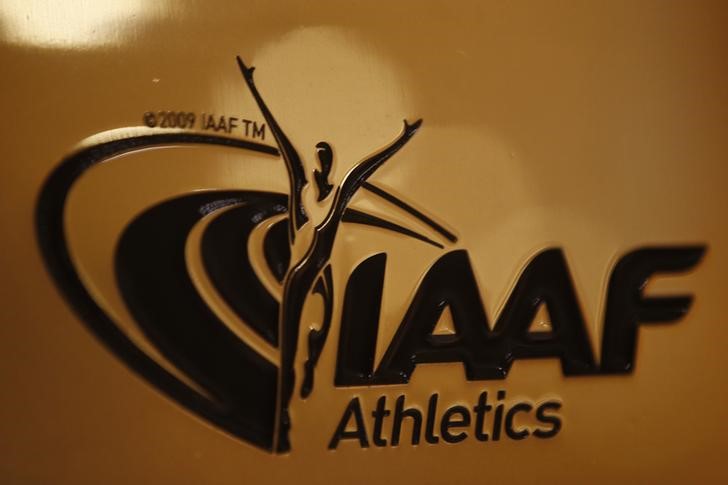By Mitch Phillips
MONACO (Reuters) - The IAAF Council is awaiting news on Friday of Russia's progress in reforming its anti-doping operation when a negative report from the governing body's task force would likely leave the country's involvement in the Olympics hanging by a thread.
After working on the routine tasks of choosing venues for the 2018 world under-20 (Tampere, Finland) and half-marathon (Valencia, Spain) championships on Thursday, the Council members retired for dinner where the main topic of conversation was expected to be Friday’s Russia report.
It will be delivered by Norwegian Rune Andersen, a former director of the World Anti-Doping Agency (WADA) and leader of the five-person task force given the job of discovering whether Russia is showing signs of reform following its suspension from athletics in November in the wake of a WADA commission report that exposed an extensive state-sponsored doping program.
Andersen has been to Russia four times since the task force was set up but Friday's meeting is his first opportunity to report back to the Council, which administers the affairs of the International Association of Athletics Federations (IAAF).
Last week a documentary on German TV channel ARD claimed Russia had made little progress on reform and coaches banned for doping were still operating in the country.
A petition signed by many leading athletes is calling for one condition of Russia's reinstatement to be the return of prize money won by doped competitors.
IAAF insiders say they have had no indication of whether Andersen will bring news of progress or inaction but, if his message is anything like that from anti-doping officials in London on Wednesday, there will be a lot of spare rooms in the athletes' village at this year's Rio de Janeiro Games.
Dick Pound, co-author of the WADA commission's report, was scathing in his assessment of Russia's progress.
"We knew it would be a stretch for them but if they devoted themselves, heart and soul, to getting it done, it would be possible.," he said at a Doping in Sport conference in London.
"Yet here we are four months later and I think somehow they must have convinced themselves that it would go away... time is shrinking."
Andersen and the IAAF have not set a time frame for Russia to prove it has done enough to be readmitted into athletics but everyone involved realises there must be signs that significant progress has started for the Olympics to be a realistic target.
The Rio athletics programme begins on Aug. 12 but registration must be completed about a month before that which would be too late for the vast majority of Russian athletes who would still need to record Olympic-standard qualifying times.
That means the ban would need to be lifted weeks before that deadline some time in June.

(Corrects spelling of Andersen in para 7)